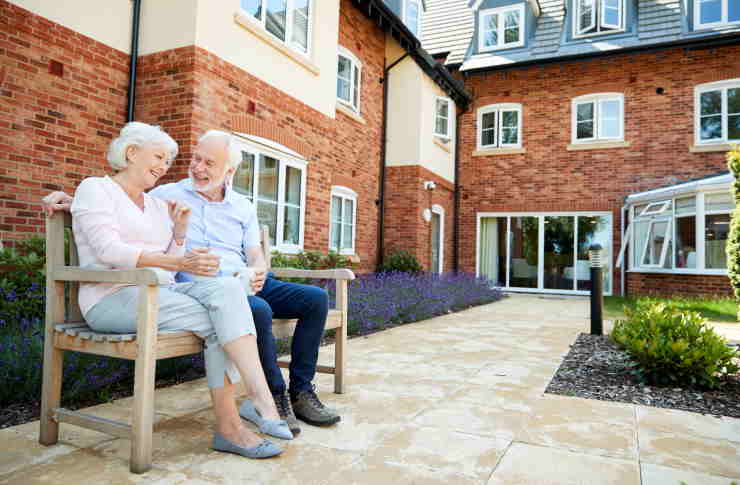Senior Apartments: A Comprehensive Guide for the Elderly
As our population ages, the need for suitable housing options for seniors becomes increasingly important. Senior apartments offer a tailored living solution designed to meet the unique needs of older adults. These specialized residences provide a blend of independence, safety, and community that can greatly enhance the quality of life for elderly individuals.

How do senior apartments differ from regular housing?
The key distinction between senior apartments and regular housing lies in their design and amenities. Senior apartments are built with accessibility in mind, featuring wider doorways, grab bars in bathrooms, and other modifications to accommodate mobility challenges. Additionally, these buildings often include elevators, emergency call systems, and on-site staff to assist residents. Unlike regular apartments, senior housing frequently offers communal spaces for socializing, organized activities, and sometimes even transportation services, all aimed at fostering a sense of community among elderly residents.
What amenities can you expect in senior apartment buildings?
Senior apartment buildings typically offer a range of amenities designed to enhance the comfort and well-being of their elderly residents. Common features include:
-
Fitness centers with equipment suitable for seniors
-
Community rooms for social gatherings and events
-
On-site laundry facilities or in-unit washers and dryers
-
Well-maintained outdoor spaces, such as gardens or walking paths
-
Transportation services for medical appointments or shopping trips
-
24-hour emergency response systems
-
Organized activities and classes tailored to senior interests
These amenities are carefully selected to promote an active, social, and secure lifestyle for elderly residents while maintaining their independence.
Are senior apartments affordable for the elderly?
The affordability of senior apartments can vary widely depending on location, amenities, and level of care provided. Some senior housing options are subsidized by government programs or non-profit organizations, making them more accessible to low-income seniors. Others may be market-rate or luxury apartments with higher costs. It’s important for seniors and their families to research various options and consider factors such as location, included services, and long-term financial sustainability when evaluating the affordability of senior apartments.
How can seniors find suitable apartment housing in their area?
Finding suitable senior apartment housing involves several steps:
-
Research online: Use websites specifically dedicated to senior housing to explore options in the desired area.
-
Contact local senior centers: These organizations often have information about housing options and resources for seniors.
-
Consult with a senior housing specialist: These professionals can provide personalized assistance in finding appropriate housing based on individual needs and preferences.
-
Visit potential communities: Schedule tours of senior apartment buildings to get a firsthand look at the facilities, amenities, and overall atmosphere.
-
Speak with current residents: If possible, talk to seniors already living in the apartments to get their perspectives on the community.
-
Review lease agreements carefully: Ensure all services, fees, and policies are clearly understood before making a decision.
By taking these steps, seniors can find housing options that best suit their needs, preferences, and budget.
What should seniors consider when choosing an apartment building?
When selecting a senior apartment building, several factors should be taken into consideration:
-
Location: Proximity to family, medical facilities, and familiar neighborhoods
-
Accessibility: Features that accommodate mobility needs and promote safety
-
Services offered: Range of amenities and support services provided
-
Community atmosphere: Social activities and opportunities for engagement
-
Cost and financial considerations: Monthly rent, additional fees, and long-term affordability
-
Policies: Rules regarding guests, pets, and personalizing living spaces
-
Level of care: Current and potential future care needs
-
Transportation options: Available services for getting around the community and beyond
By carefully evaluating these aspects, seniors can make informed decisions about which apartment building will best support their lifestyle and needs as they age.
Senior apartments offer a valuable housing option for the elderly, providing a balance of independence, safety, and community. By understanding the features, benefits, and considerations associated with senior housing, older adults and their families can make informed choices that enhance quality of life and promote successful aging in place.






